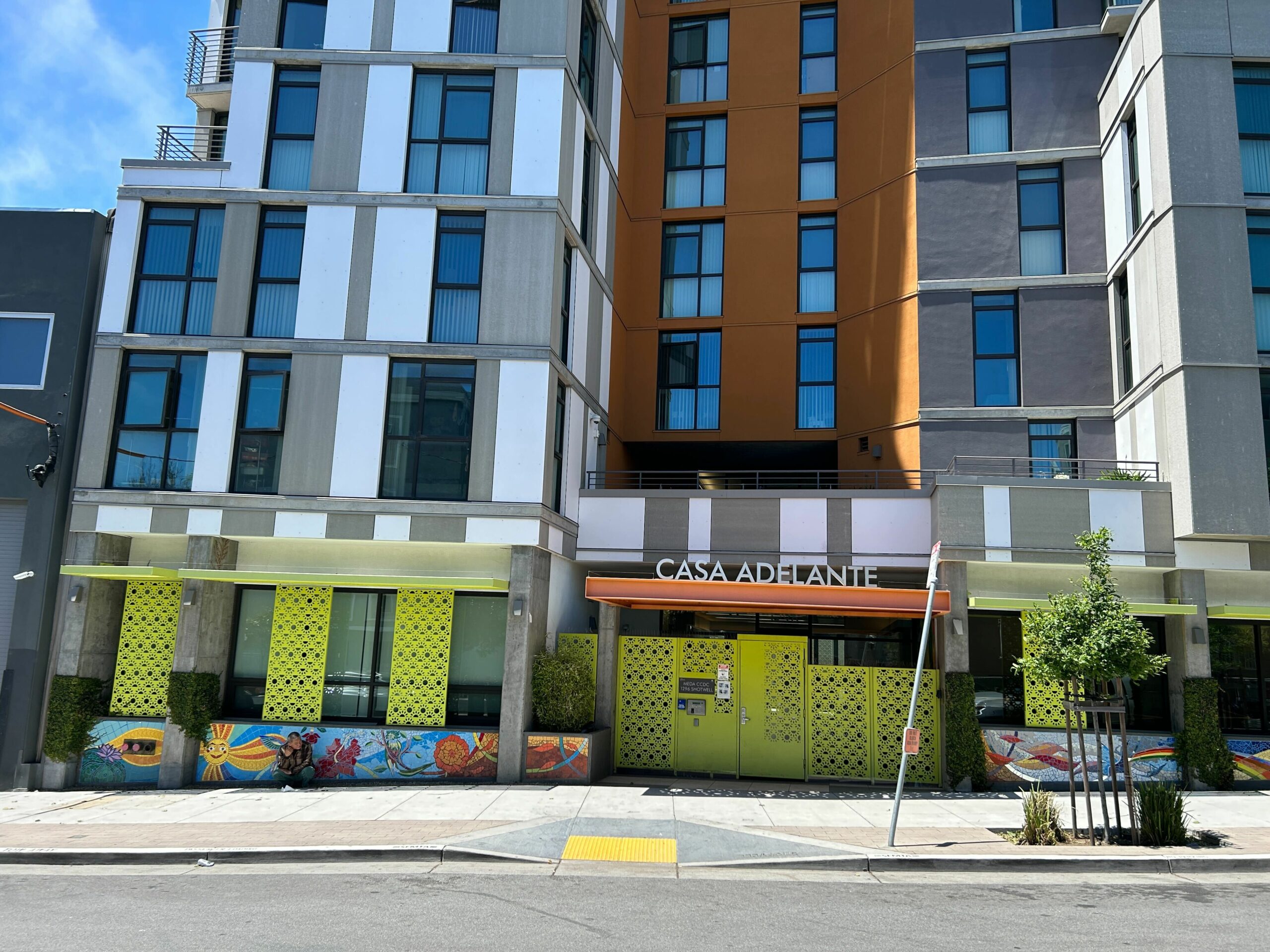San Francisco Mayor London Breed, along with Board of Supervisors President Aaron Peskin, introduced legislation to place a $300 million general obligation bond measure on the March 2024 primary ballot to fund site acquisition, construction and preservation of affordable housing.
In order to be placed on the ballot, the legislation needs a supermajority approval of eight votes by the Board of Supervisors. The bond measure will require the support of two-thirds of San Francisco voters in order to pass in March.
The bond will fund three main categories of affordable housing projects, with the lion’s share of $258 million dedicated to building low-income housing, $12 million slated for affordable homeownership programs and $30 million budgeted for preserving existing affordable housing.
If passed, the housing bond will help San Francisco meet goals for production of low-income housing as part of an aggressive new Housing Element of the city’s general plan mandated by Sacramento. A little over half of the 82,000 new homes to be built over the next eight years under the plan must be for low-income residents.
“This housing bond is part of our broader strategy to get more housing built across our entire city,” Breed said in a statement. “To meet our housing goals, we need funding as well as changes to how we approve and build housing to get new homes built faster.”
The bond measure is part of a larger policy deal brokered at City Hall to jump-start housing production during the post-Covid economic slump. The other part of that deal was the passage of legislation offering developers of certain housing projects already in the city’s planning pipeline a holiday from certain inclusionary unit quotas and impact fees.
New amendments to that legislation extending the incentives to smaller projects in the pipeline, supported by Supervisor Ahsha Safaí, were approved by the Land Use and Transportation Committee on Monday and will likely be forwarded to the full Board of Supervisors for approval next week.
Affordable housing advocates lobbied for replacement funding for low-income housing as part of supporting the legislation. When Peskin spoke in favor at a July 20 Planning Commission meeting, he described the bond measure as “the other part of the package.”
“Whether you’re a first responder trying to stay in the city, a family struggling to exit a cramped SRO hotel room, or a senior who wants to age in place with dignity, this bond will help realize a pipeline of projects that have the power to transform lives—all without raising property taxes,” Peskin said in a statement.
San Francisco voters passed a $600 million affordable housing bond in November 2019 and another for $260 million in 2016—both with just over 66% of the vote. A $310 million measure was passed in November 2015 with almost 75% of the vote. A measure that would create a property tax set aside for affordable housing lost during the November 2008 election.
